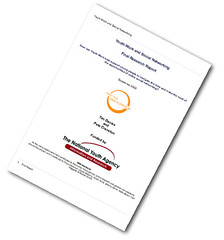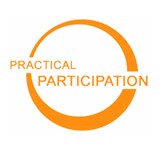September 2008 Archives
 Just a quick post to let you know that you can now download the final report of the Youth Work and Social Networking report here:
Just a quick post to let you know that you can now download the final report of the Youth Work and Social Networking report here:- An overview of how young people are using online social networking;
- A survey of the opportunities and risks created by online social networking;
- A youth work perspective on online social networking - making the case for a youth work role engaging with online social networking and providing a brief theoretical foundation for that.
- Practical steps for youth work engagement with online social networking - including an outline policy checklist and a proposed model for staff training.
I have a concern for misinterpretation by adults over reacting to young people views and opinions. In my observations and experience we tend to hear and listen selectively however, with written evidence of dialogues and opinions of young people there is the possibility of adults over reacting.
There needs to be clear consultation, debate and discussion with young people and adults about how the policy and framework will guide young people and practitioners on how to respond to issues of clear inappropriate comments are being submitted - young person/group submitting sexually explicit words, abusive language, racists comments, homophonic comments.
I would anticipate that once comments are removed that an appropriate identified practitioner would contact the young person/group and review the situation facilitating discussion, reflection and learning about their views/opinions and the repercussions on others and themselves. There is a necessity to promote reflective and critical thinking amongst young people but also adults!
Understanding how to read young people's contributions to online discussions is definitely going to be an important part of any participation work... and as Katie suggests - it involves a developing of literacies for both young people and adults.

